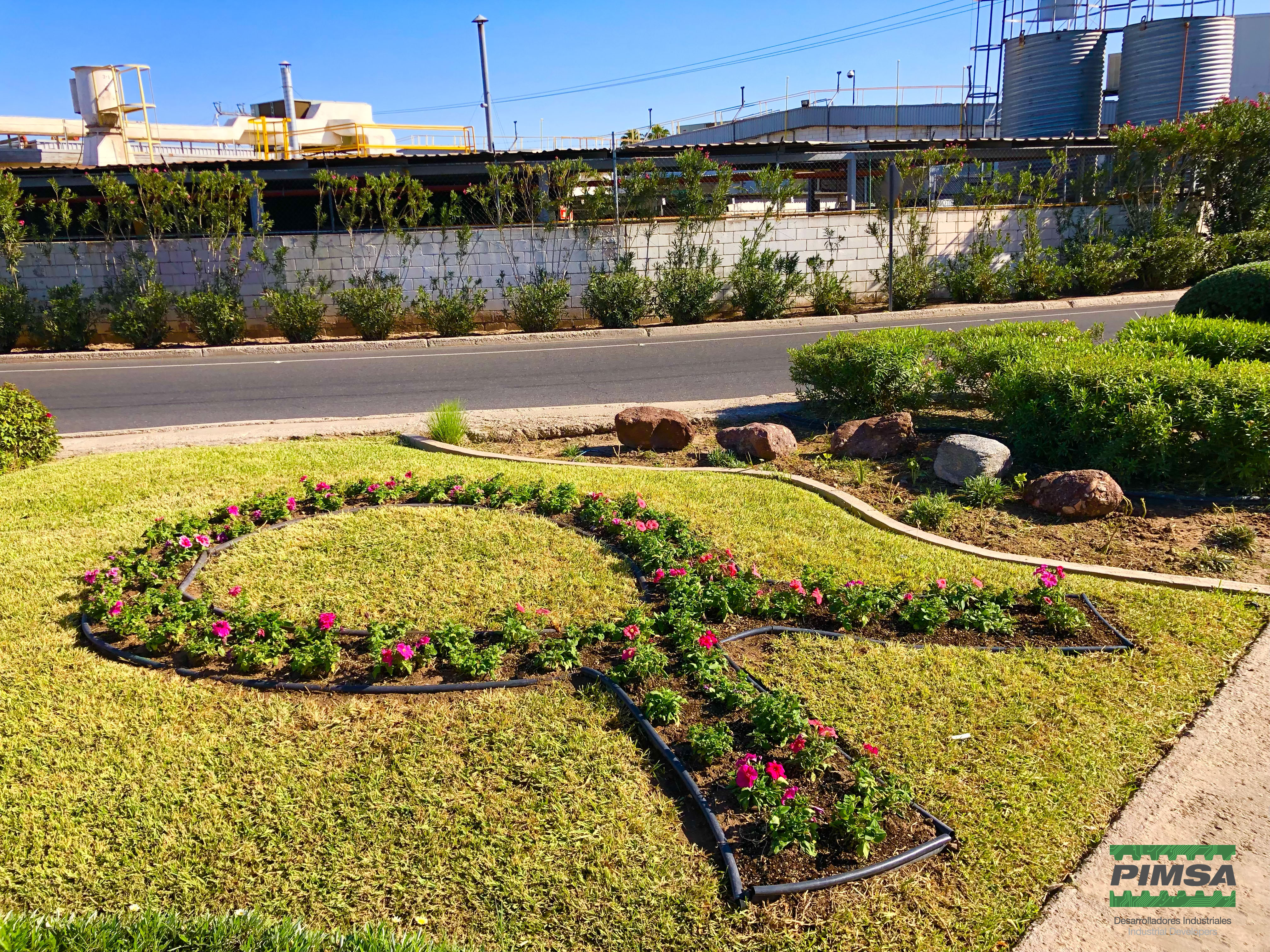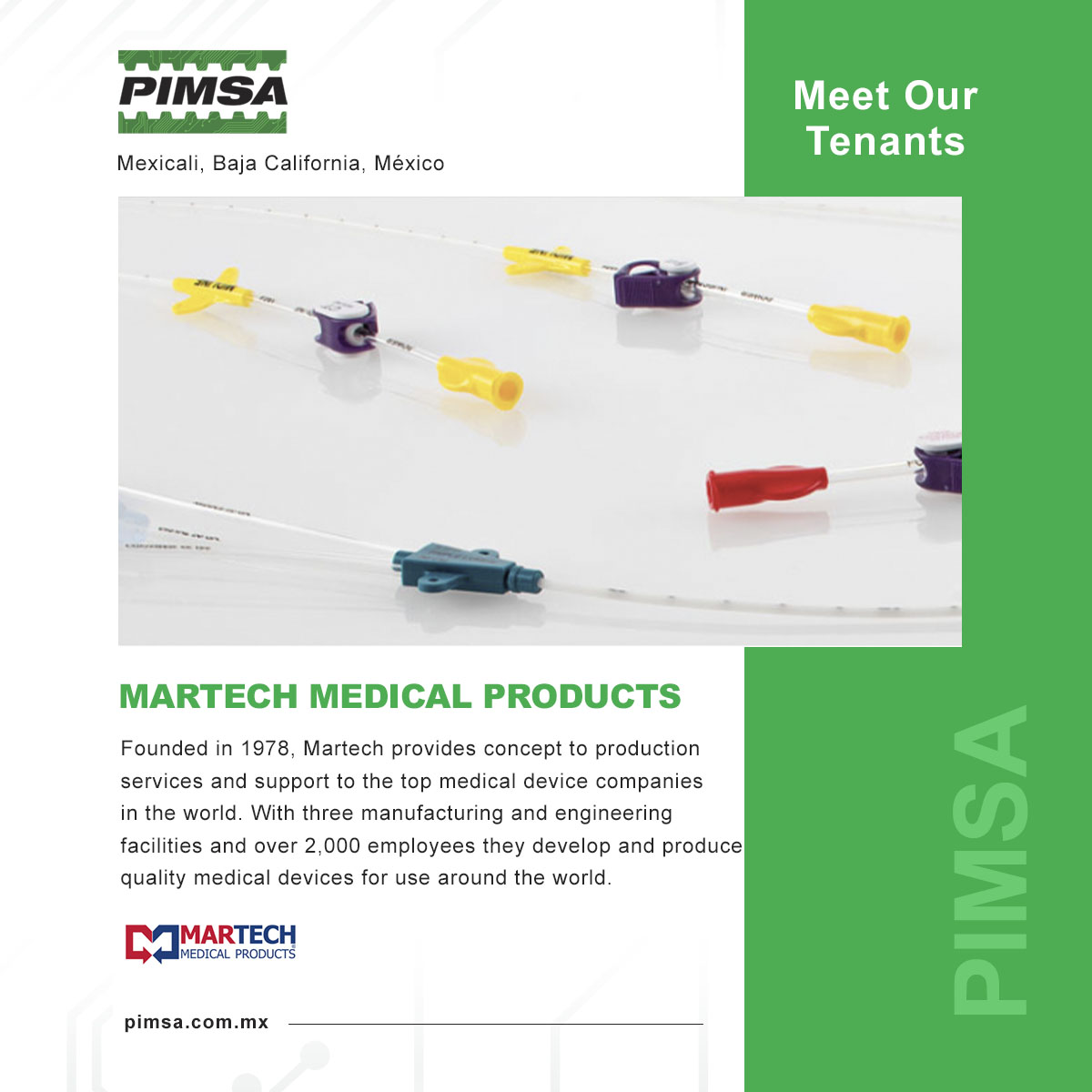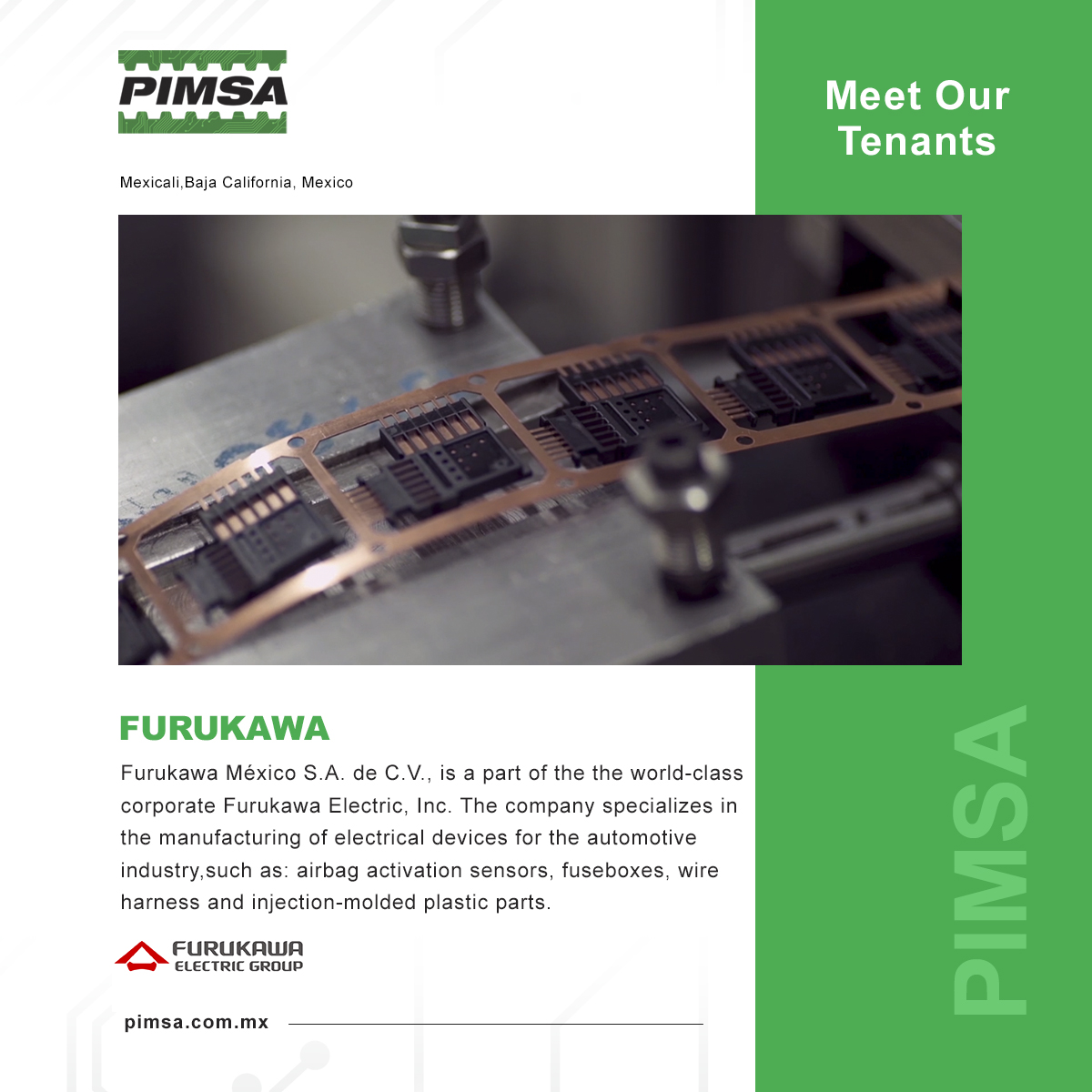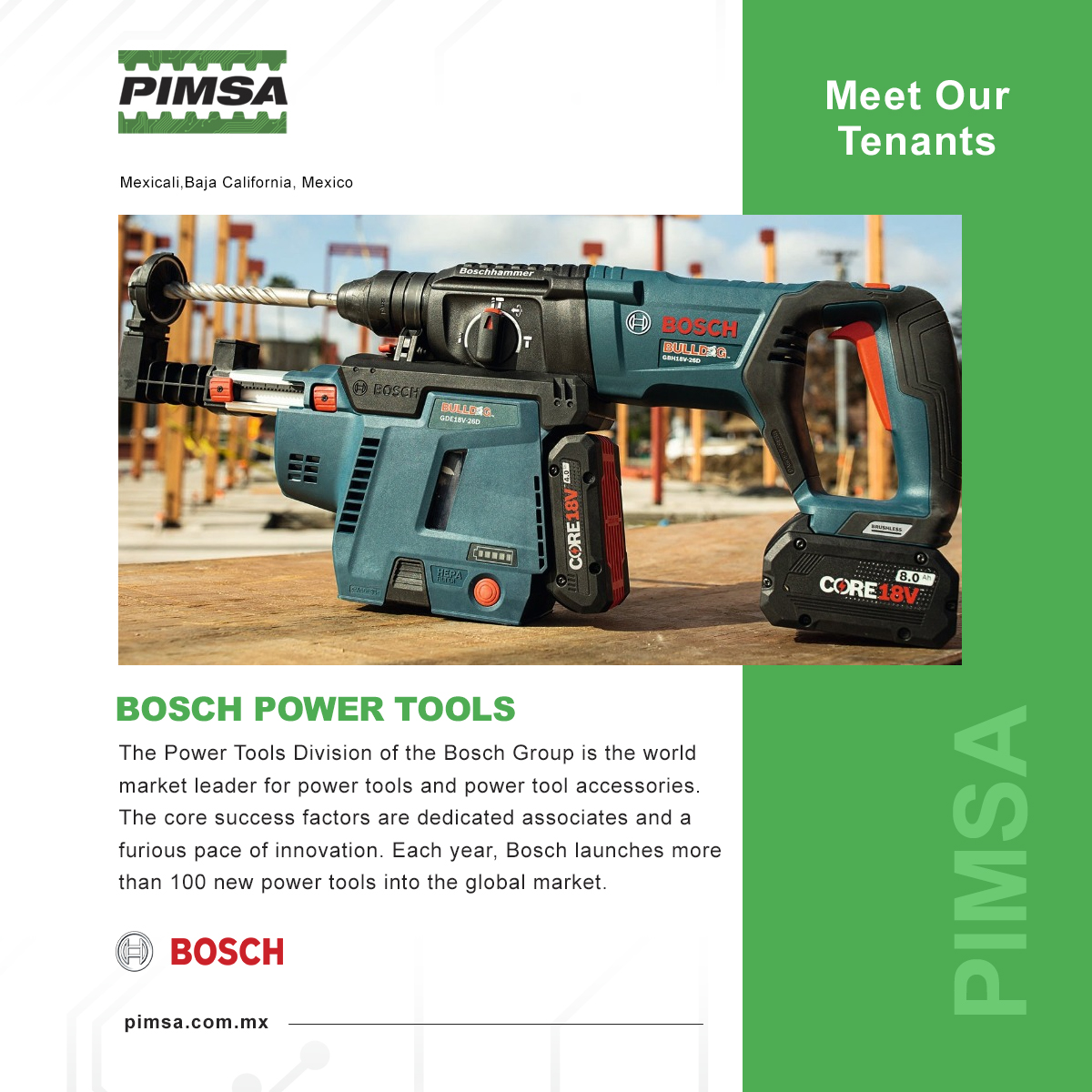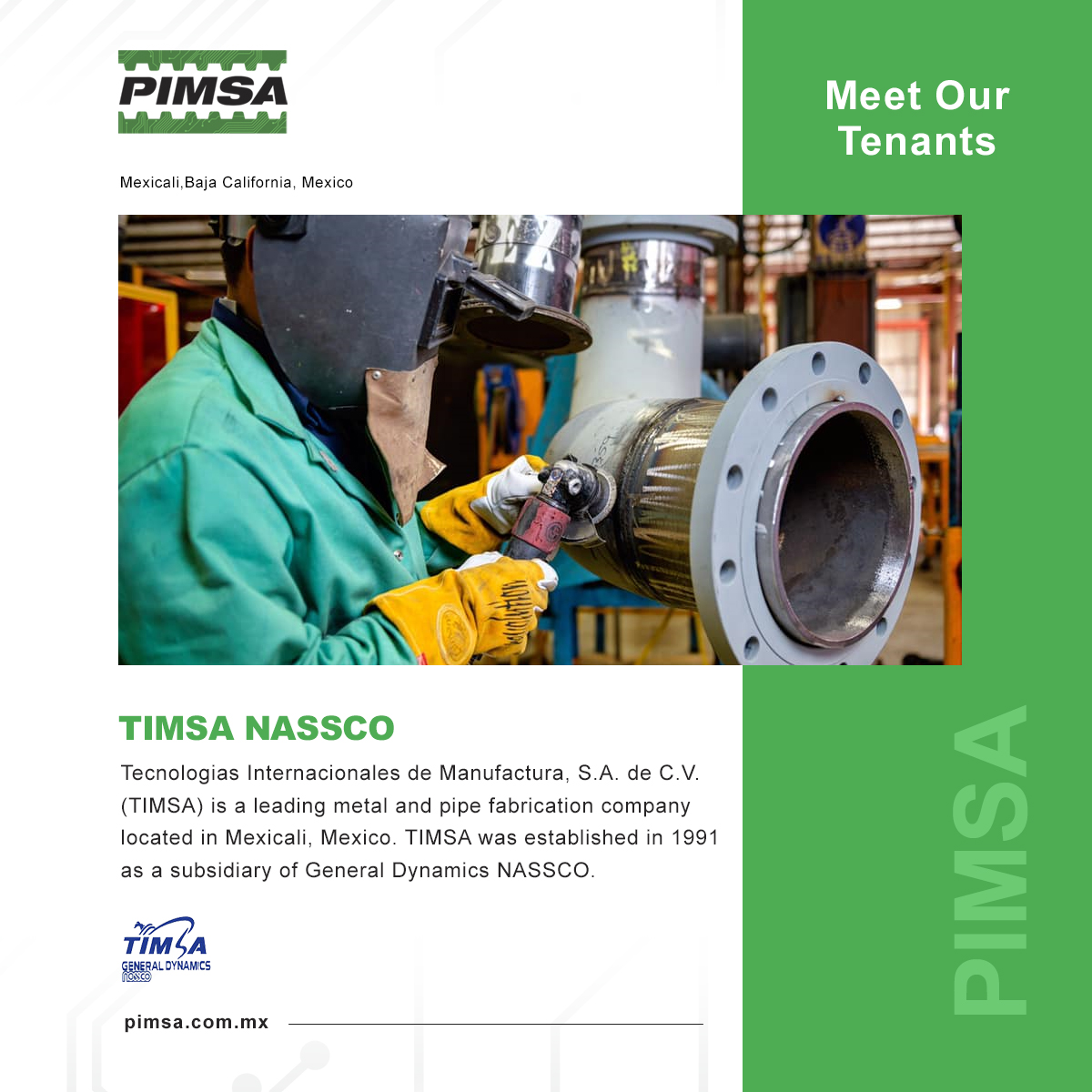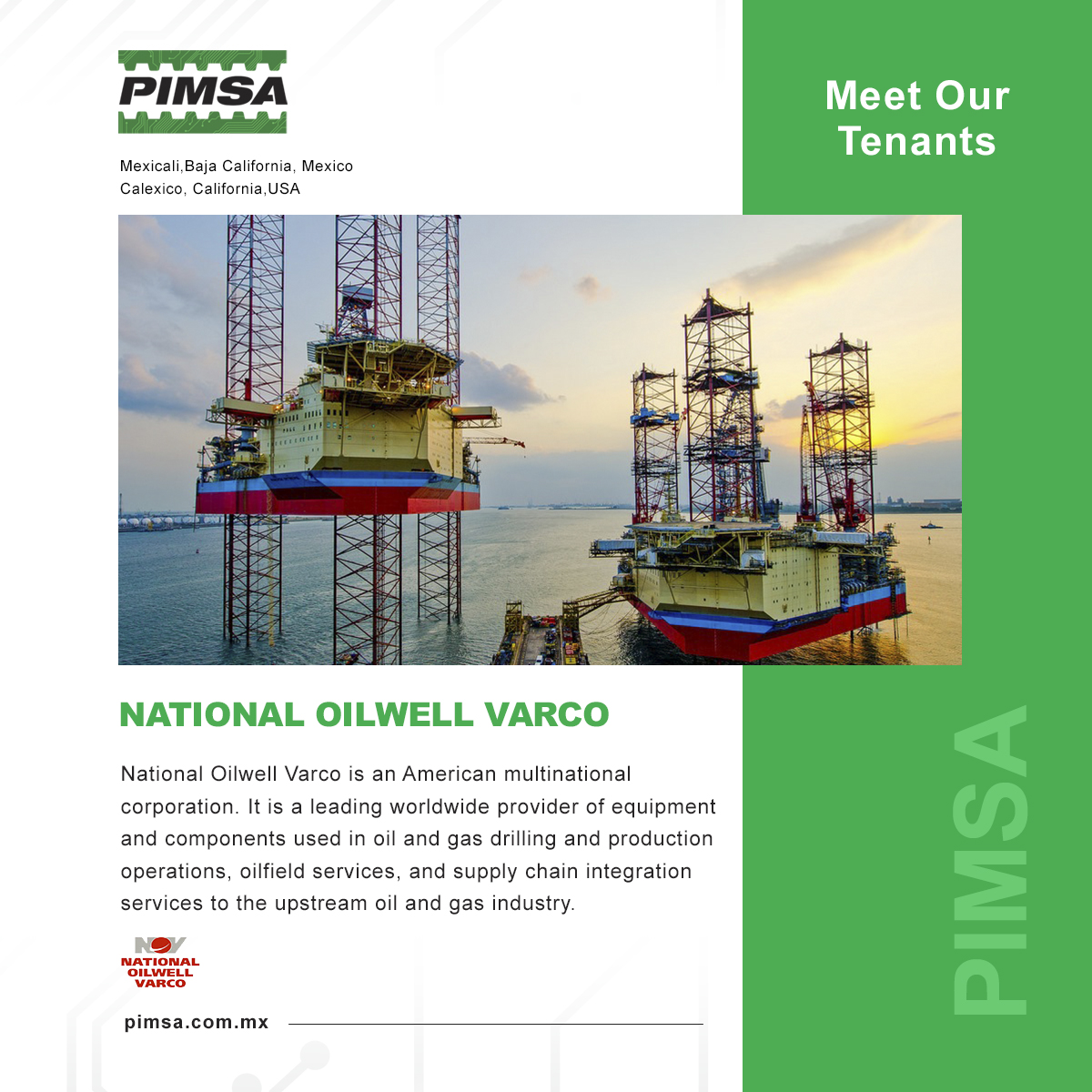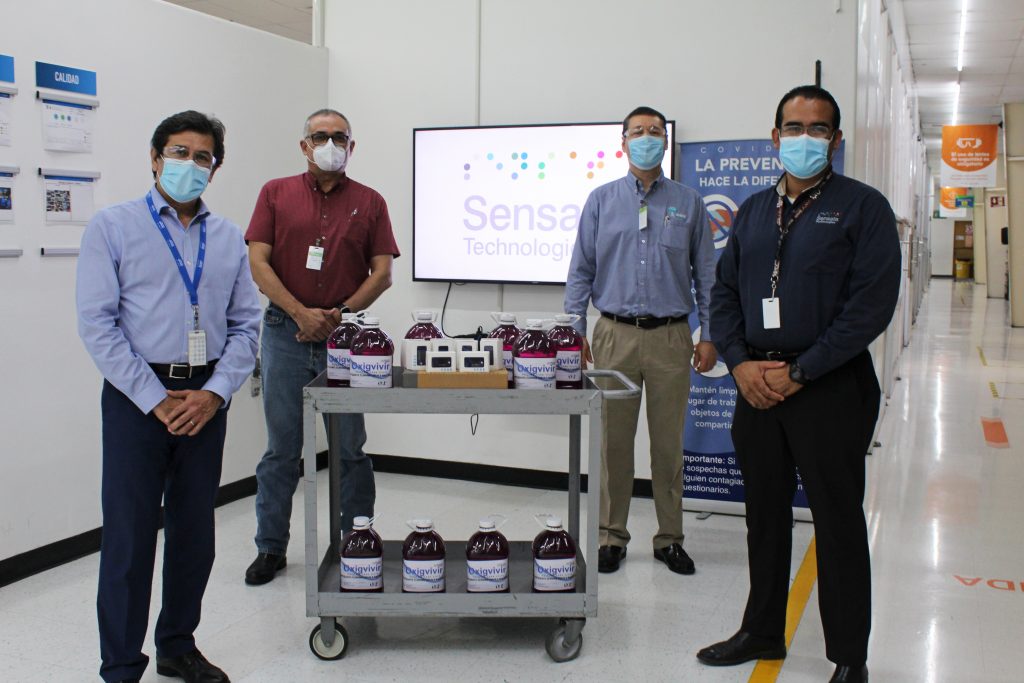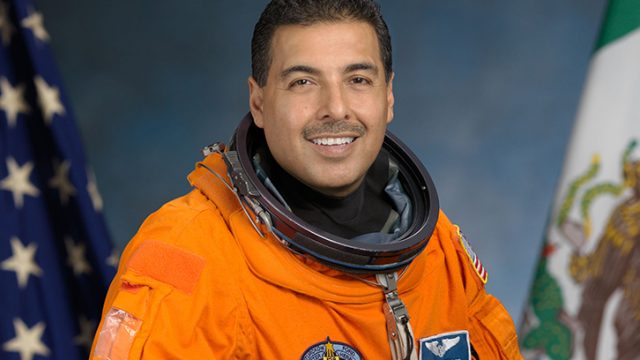Robert Bosch Tool Corporation is located at Unit V with over 175,000 sq.ft.
For more information visit their website: https://www.boschtools.com/us/en/
TT Electronics plc is located at PIMSA IV with over 80,000 sq. ft.
For more information visit their website: https://www.ttelectronics.com/products/brands/bi-technologies/
National Oilwell Varco is located at PIMSA with over 510,000 sq. ft.
For more information visit their website: https://www.nov.com/misc/mexicali-rig-equipment-production-facility
TIMSA company recognized the children of its collaborators who obtained the best averages in the previous school year, in elementary and middle school. It was a drive-by event with all the prevention measures, the winning children received their recognition and participated in the raffle for laptops and gift certificates for school supplies.
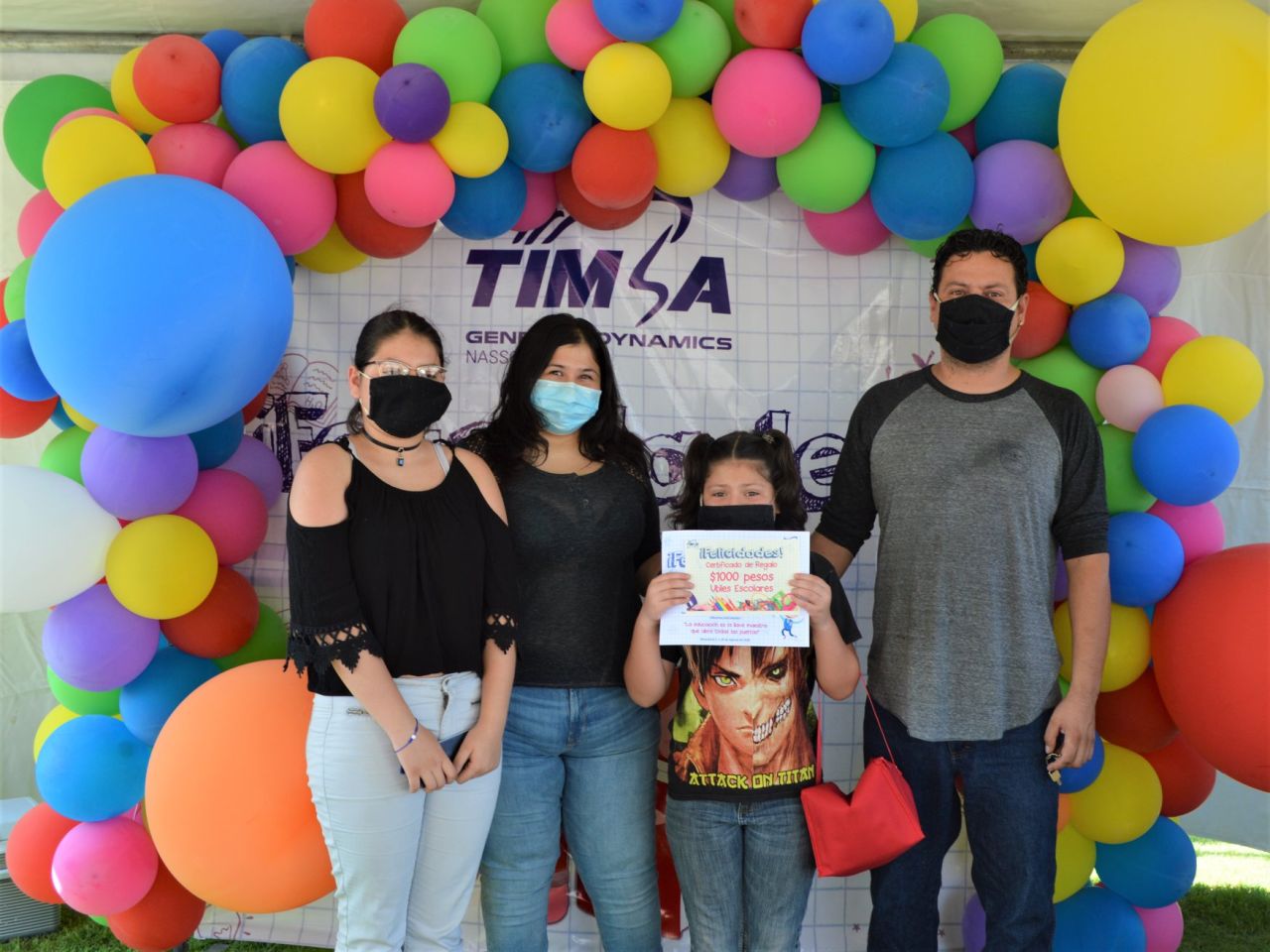
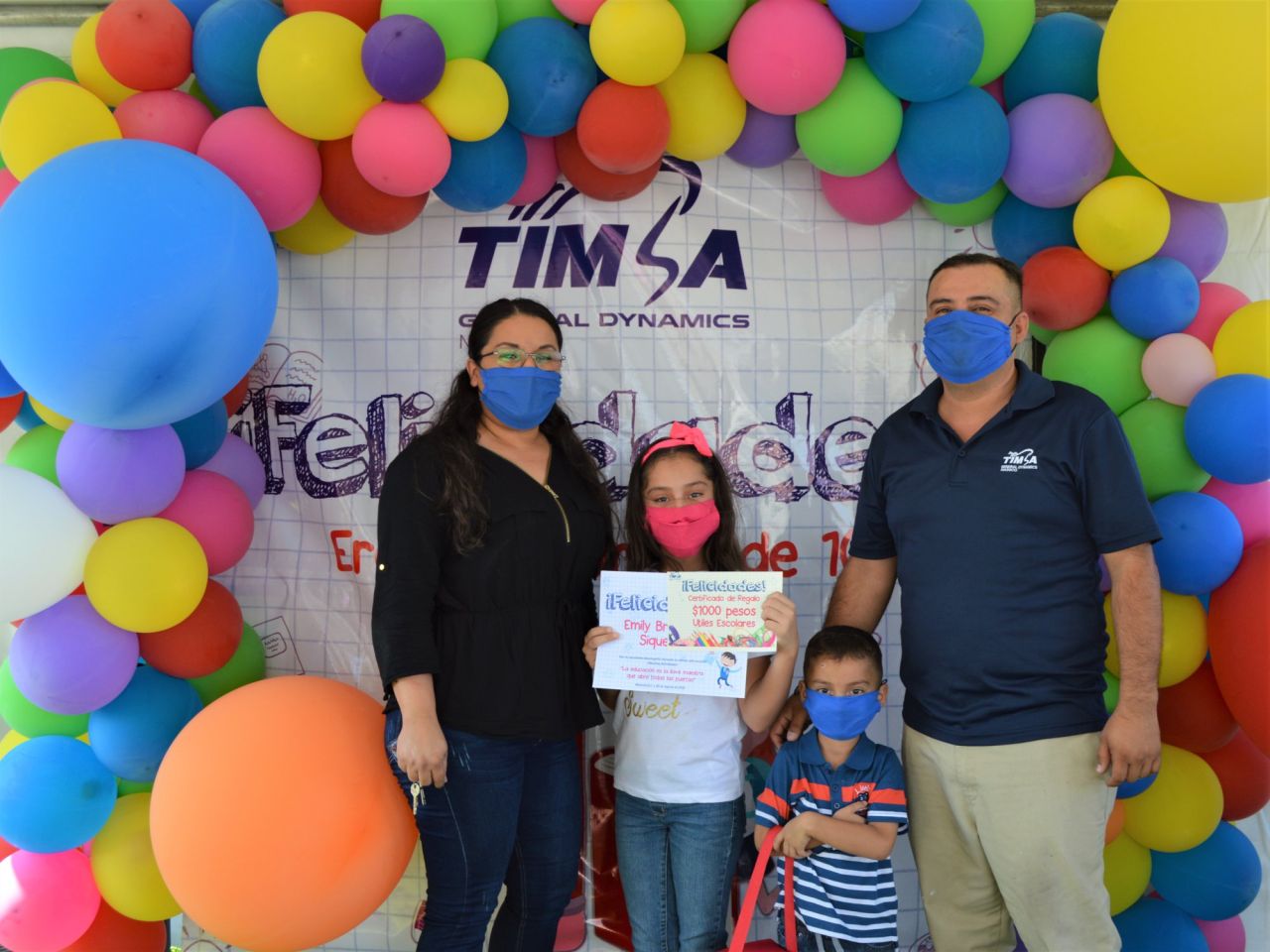
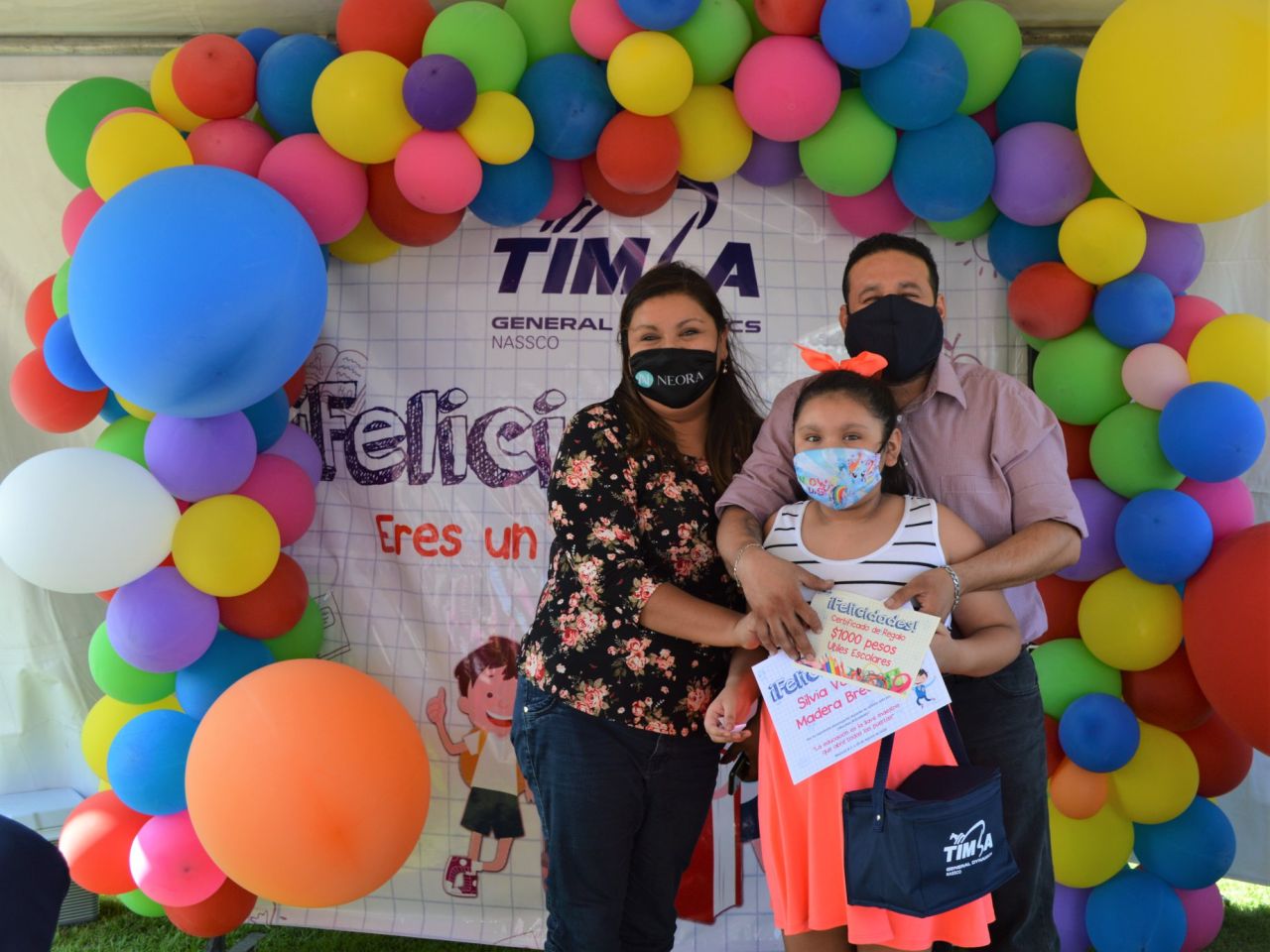
Source: https://www.linkedin.com/posts/mexicaliindex_timsa-socioindex-empresas-activity-6709254367062704128-ahAN
The President of Fundación Index Mexicali, Víctor Hugo Delgado Sánchez, received from the General Manager of Sensata, Genaro González Velásquez, the donation of 10 oximeters and ten gallons of sanitizer. Which will be delivered to children’s homes and nursing homes as part of the campaign “Protecting our future.” The delivery was also attended by the Operations Manager of the plant Fernando Preza Lagunes and the Operating Director of Index Mexicali René Marín Rivas. You can still support by donating sanitizing products, face masks, protective glasses, oximeters and/or digital thermometers.
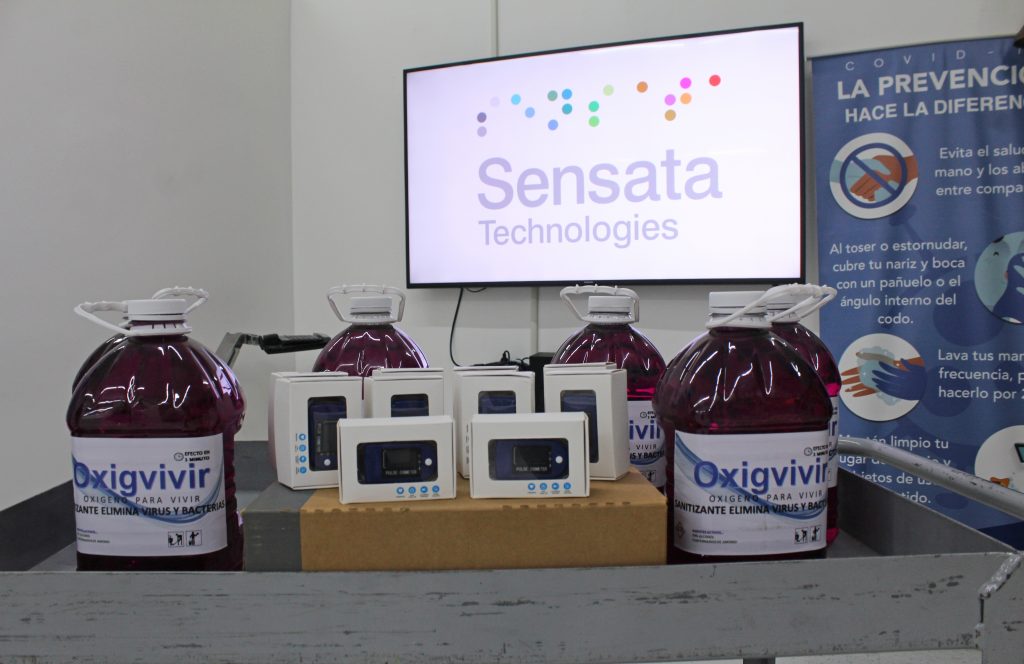
Former NASA Astronaut José Hernández gives his point of view about Mexico as your alternative for manufacturing. Click below to watch full video.

